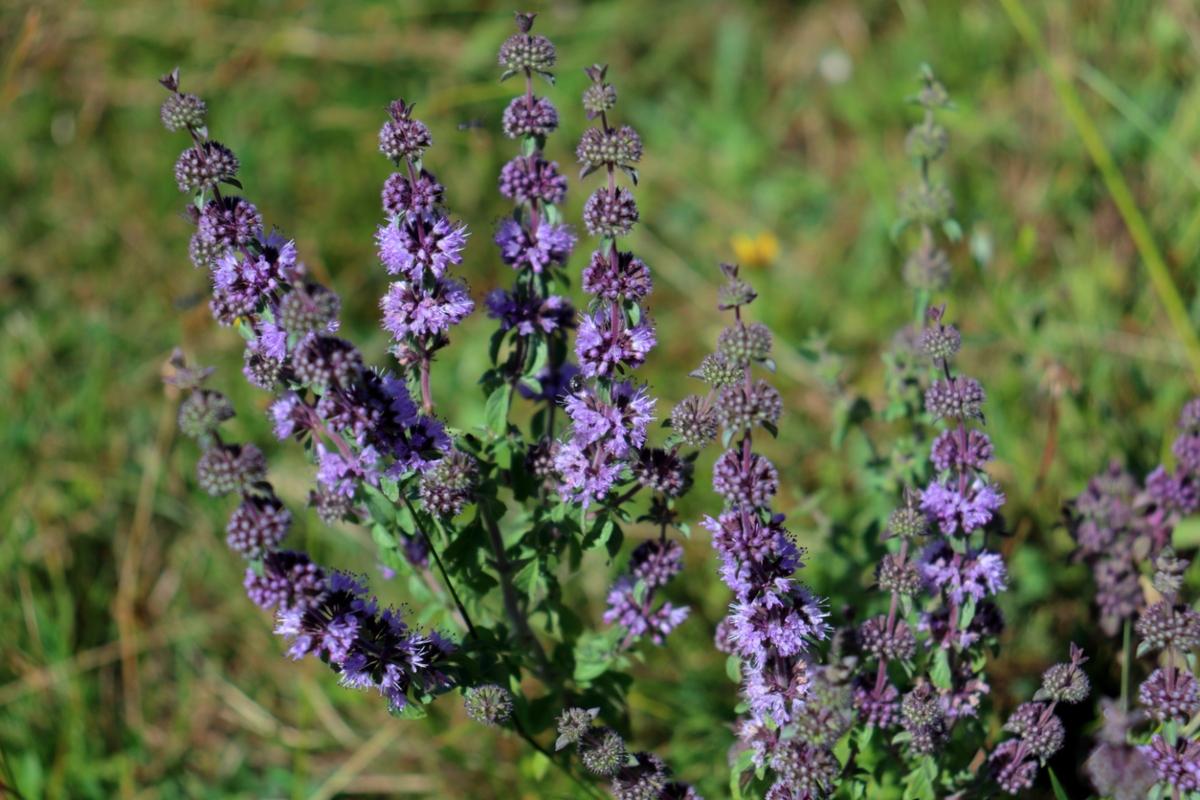Knowing how to repel bees outside can transform your outdoor experience, whether its a garden party or a peaceful afternoon in your backyard. Bees, while essential for pollination, can be a nuisance when they invade spaces meant for human enjoyment. In this article, we'll provide you with effective methods and tips to keep bees at bay.
Understanding the habits of bees is key to developing strategies to repel them. Bees are naturally attracted to flowering plants and sugary substances. By offering alternatives, you can help reduce their presence in your outdoor spaces. Let's explore some effective strategies.

Understanding Bee Behavior
Before diving into the techniques, it's important to understand why bees are drawn to certain areas. They seek out flowers for nectar and pollen. This instinct can lead them into your yard, especially if you have blooming plants. An awareness of their habits will aid in how to repel bees outside.
Bees' Favorite Attractions
- Flowers: Bees love brightly colored flowers, particularly those with ample nectar.
- Sweet Foods: Any sugary substance can attract bees, so be cautious with outdoor picnics.
- Open Water: Bees may also be drawn to water sources, especially if they are shallow.

Strategies to Repel Bees
Now that you have a grasp on why bees are attracted to certain areas, lets delve into specific strategies for repulsion. Each method aims to disrupt their patterns and deter them from entering your space.
1. Choose Bee-Repellent Plants
Consider planting bee-repellent herbs like mint, rosemary, and basil. These herbs not only create a pleasant aroma but also help keep bees at bay. For more on suitable plants, check out this article on bee-repellent herbs.
2. Utilize Essential Oils
Applying essential oils like peppermint, citrus, and eucalyptus can deter bees. Mix a few drops with water in a spray bottle and spray around your outdoor area. This natural repellent is not only effective but leaves a refreshing scent.
3. Seal Food and Waste
When eating outdoors, ensure that food is sealed tightly. Use containers with lids to keep sweet foods and drinks safe from attracting bees. Additionally, managing waste is essential; keep trash bins sealed and empty them regularly.
4. Create a Fake Nest
Bees are territorial creatures. Hanging a fake nest can signal to them that the area is already claimed. This classic tactic often prevents bees from making your yard their home.

Avoiding Common Mistakes
When attempting to keep bees away, avoiding common pitfalls can enhance your success. Here are a few mistakes to steer clear from:
- Ignoring Flowering Plants: Avoid planting bright, fragrant flowers if you want to minimize bee presence.
- Leaving Food Unattended: Always cover food outdoors to prevent attracting bees.
- Using Harmful Chemicals: Avoid pesticides that can harm beneficial insects and the environment.

Additional Recommendations
In addition to the above strategies, consider these recommendations:
- Maintain Your Garden: Regularly prune and manage your garden to reduce bee-attracting flowers.
- Install Bee Traps: Bee traps can be effective but ensure they are in locations away from high human traffic.
- When to Call Professionals: If you are dealing with a significant problem, consider calling pest control.
Considerations for Children and Pets
When implementing bee repellent techniques, keep in mind the safety of children and pets. Choose natural options when possible, and avoid placing traps or repellents where kids or pets can easily access them.
What to Do If Bees Are Present
If a bee or a swarm appears, remain calm and avoid swatting at them. Move slowly away from the area and let them disperse. If their presence is persistent, follow the strategies above.
Frequently Asked Questions
- How do I know if bees are attracted to my garden? If bees frequent certain plants, they are likely attracted to them. Monitor which flowers are active.
- Are there natural pest control methods? Yes! Many essential oils and plants serve as natural deterrents for bees.
- Can bee repellents harm beneficial insects? Its crucial to choose repellent methods that do not harm other pollinators.
As an Amazon Associate, I earn from qualifying purchases.
For more pest control tips, consider visiting this article on repelling bees and wasps. Additionally, if you're interested in further garden protection strategies, check out Japanese beetles and centipedes control.
